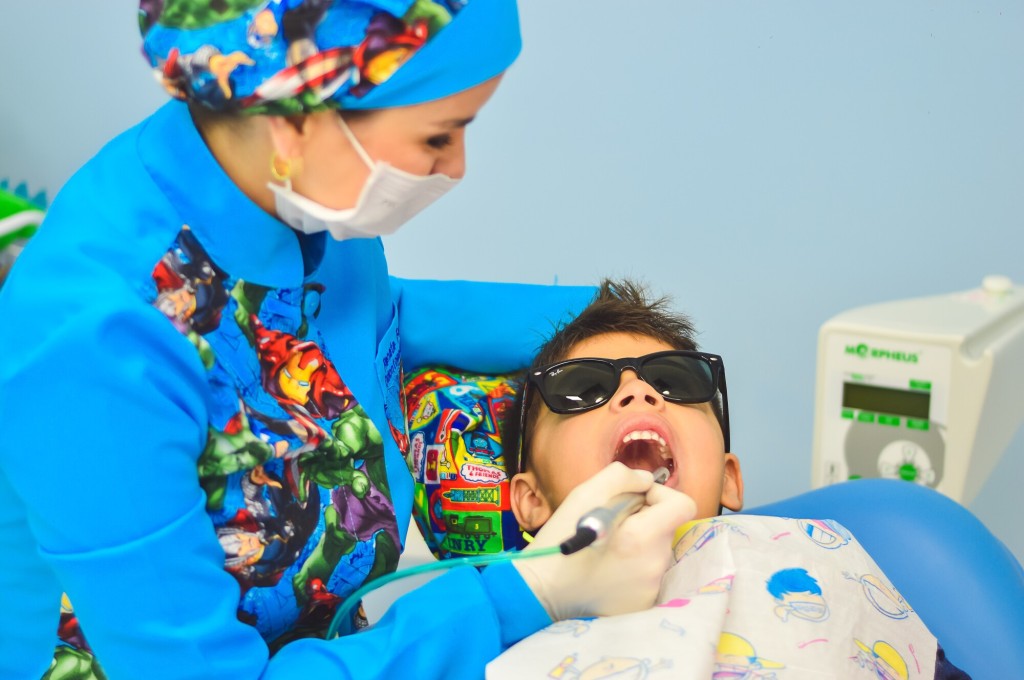
Practicing oral hygiene is vital to prevent dental disease. It also helps you avoid bad breath. You should brush your teeth at least twice a day and floss every day. These simple techniques will keep your mouth healthy and free from bacteria that cause dental disease. You should also see your dentist regularly to keep your teeth and gums as clean as possible.
Children should have their first dental exam at least once every six months, or at the time of the first tooth. If your child is under seven years old, you should ask if they should receive fluoride varnish on their teeth. Additionally, pregnant women should see a dentist periodically during their pregnancy to get the proper treatment. Adults should also schedule regular dental exams and cleanings as recommended by their dentist. If you want to learn more about dental care for children and prevent dental disease click here.
Certain medical conditions and medications can also impact oral health. People with HIV/AIDS are at increased risk for dental problems, including gum disease and periodontal bone loss. People taking certain medications can also have decreased saliva production, which reduces the body’s natural defenses against bacteria. Without proper oral hygiene, bacteria can build up and cause gum disease, tooth decay, and oral infections.
Moreover, oral health is closely linked to overall health. Infections in the mouth can spread to other parts of the body and can even lead to heart disease and stroke. For this reason, maintaining a healthy smile is essential to overall health. Proper dental care can also help prevent some serious medical conditions, such as diabetes and endocarditis.
In addition to routine dental care, Medicaid also covers dental services for children. These services are covered under the Early and Periodic Screening, Diagnostic, and Treatment (EPSDT) benefit. While oral screening is included in a child’s physical exam, it does not substitute for a dental exam by a qualified dental professional. Furthermore, dental services must be medically necessary for the child to qualify for Medicaid coverage. Visit our page for more information on Dental Care now.
A dental professional can also clean your teeth to remove plaque. Professional teeth cleaning usually involves scaling and polishing. The dentist may also recommend dental x-rays to detect problems in the early stages. Dental x-rays are also taken during routine examinations. This way, you can avoid any dental problems before they become worse.
Children should visit the dentist regularly, even for routine cleaning. This will prevent future dental problems, such as tooth decay and gum disease. They may also benefit from dental sealants and in-office fluoride treatments. They should also be taught basic brushing and flossing techniques. In addition, children should have regular dental visits as recommended by their pediatrician.
Apart from brushing your teeth with a good toothbrush, it is essential to use mouthwash and floss. It is also important to avoid smoking and acidic drinks. Drinking water that contains fluoride is also essential to oral health. Flossing also helps remove plaque from between teeth. This related post will provide you with more information about this topic: https://en.wikipedia.org/wiki/Dent%27s_disease.
Leave a comment